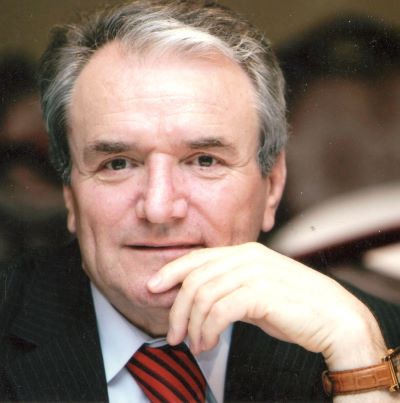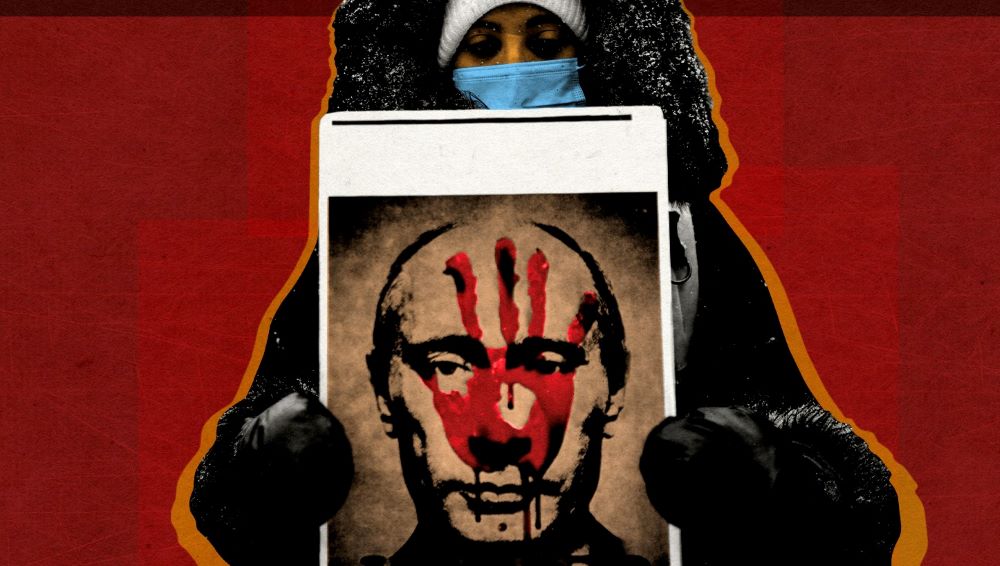The Western Balkans present an incomplete region of peace and integration into Europe, facing new temptations of the Russian war tsunami.

Dr. Srecko Djukic
Russia, one of the world’s five nations with greatest responsibility, carried out the aggression on Ukraine in order to achieve its own goals in the Euro-Atlantic space. The essential consequences of that war are already felt today, and anything will hardly stay the same. This is not a “small”, “ordinary” war, but a “titan” war against the “rest” of the world. Its destructive power is potentially immeasurable; it anticipates a radical overhaul of US, NATO, and EU relations with Russia, resets the international order as well as triggers the question of the scope of “total” sanctions. The war brought together and united the Western ranks, and not the other way around, and it radically changed views on the future. The extremely long-term crisis capacity of the Russian invasion of Ukraine is becoming unavoidable for Europe, as well as the three decade long agony around us.
The Western Balkans present an incomplete region of peace and integration into Europe, facing new temptations of the Russian war tsunami. This can be seen and felt in almost every one of the region’s countries, especially in those that are not integrated into Euro-Atlantic structures at all. The second deep Balkan front, in many ways tied to Russian interests, forms a significant obstacle to unification with Europe. Many political, economic, security, media and other consequences are directly related to the unfinished processes in our region. Slow developments towards EU and NATO memberships, towards closing the crises in Kosovo and Metohija and in Bosnia and Herzegovina, partly in Montenegro, are also painful, either due to the short-sightedness of the Brussels government or the nature of the regime in the Western Balkans (characterised by the path of least resistance and delayed solutions). The existing vacuum was taken advantage of by non-European forces, Russia’s soft power, conservative, anti-European potential and their natural allies in the Western Balkans. Russia’s policy directly calls into question the European Union, overpowers it in our public space, as evidenced by political relations, media, economic-trade and investment affairs, military cooperation and armaments, and complete dependence on oil and gas. For years, the public has been sophisticatedly served Eastern alternatives to the EU and NATO, instead of Serbia’s chosen foreign policy priority.
However, the resolution time has come. The Ukrainian crisis has shown that things are getting serious and that the Russian Balkan front must be closed. The destructive potential of our region has proven this. If there is a place in Europe where things can get out of control, and where Russia’s influence is deepest and most versatile, then it is the Western Balkans; it spills over into unfinished crisis points. If things can get out of hand somewhere, with the help of proven eastern connections, then this is it.
The heirs of 1990s politics and the media-captive public in our region, are using the situation as revenge for their own failed policies, related to the Ukrainian crisis that is unfolding before us. A “new Berlin Wall” is being built in front of us, a new “iron curtain” is being erected, and the question is – which side will Serbia and Bosnia and Herzegovina be on?
If the West, years late, is now determined to bring things to an end, while maintaining its own interests, that’s how it will be. If the region feels that step forward, a turnaround will dissolve anti-European processes and finally bring to an end the ‘sitting in two chairs’
Dr. Srecko Djukić, former ambassador, member of the Forum for International Relations of EPUS



Leave A Comment